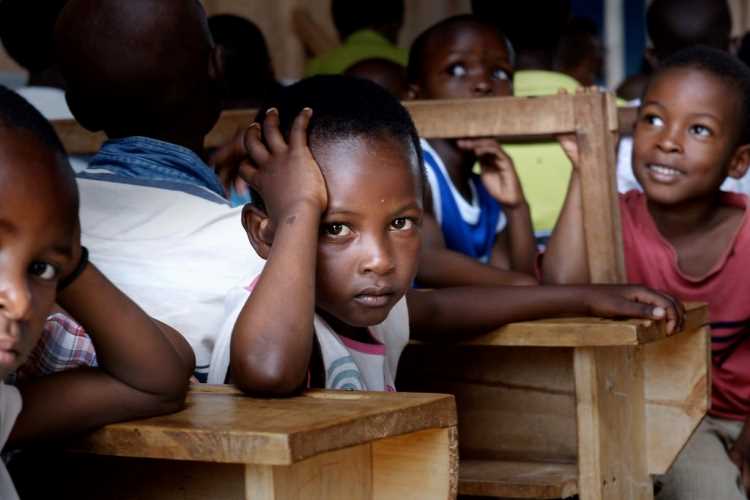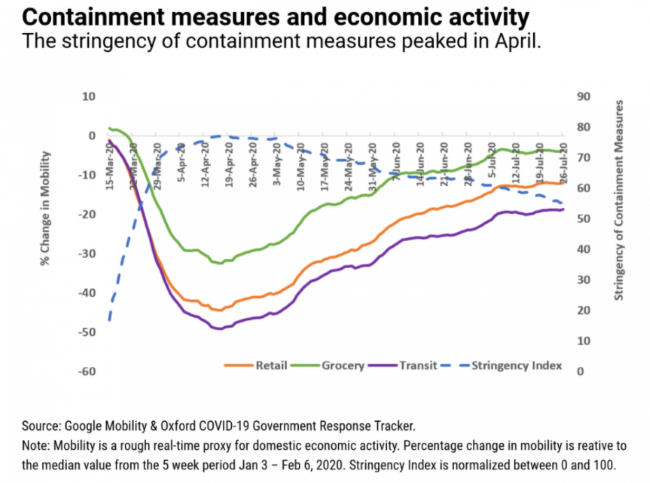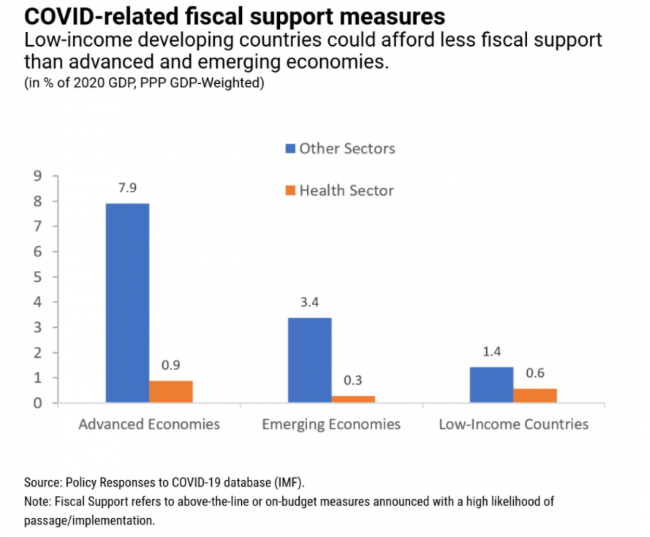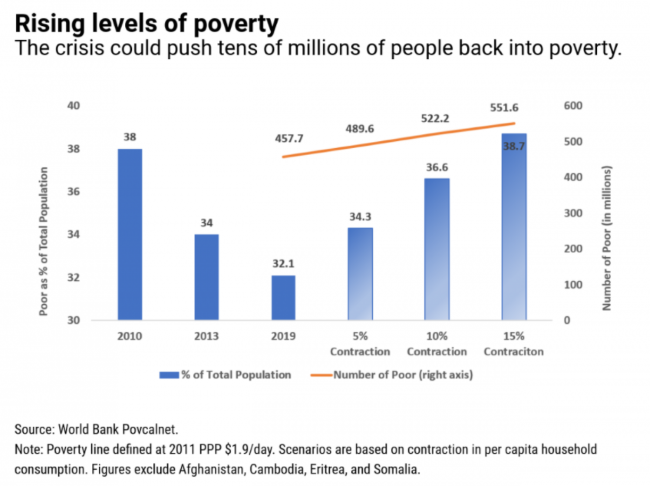
Covid-19: Low-income developing countries could lose a decade of progress in the face of economic contraction at home and external shocks due to Covid-19 pandemic and the lockdown measures employed to contain its spread. Weak institutions and limited resources could limit the efforts of national governments to boost economic growth in the absence of sustained international support, says an IMF blog written by Daniel Gurara, Stefania Fabrizio, and Johannes Wiegand.
The final victory over the COVID-19 pandemic will be when its socioeconomic consequences are overcome, the blog says. Global community can save lives and livelihoods in developing nations through urgent interventions. This must be over and above the emergency funding by IMF to 42 LIDCs from April.
READ I The five futures that the New Education Policy promises

External support is key to the efforts of LIDCs to tackle the pandemic and the recession, the authors say. They list seven priorities for the developing countries.
- They need to ensure essential health supplies such as medicines and vaccines when they are ready
- Protect supply chains for food and medicines
- Avoid protectionist policies
- Ensure the availability of finance for critical spending
- Ensure that global liquidity needs are met
- Reprofile and restructure debt to restore sustainability.
- Keep sight of the United Nations’ sustainable development goals.
READ I SEBI panel suggestions may have huge tax, compliance implications


The low-income developing countries were already facing a financial crisis when the coronavirus pandemic struck, with many of them saddled with huge public debt burden. Since the pandemic outbreak, they faced a sharp contraction of the economy — fall in exports, lower commodity prices, capital inflows and remittances. The authors cite the example of Bangladesh which saw remittances shrink by 18% between April and May compared with the same period last year. Many poor families in these countries are dependent on remittances.
A large section of the population in in LIDCs live near subsistence levels. The governments’ ability to support them is limited because of their limited fiscal resources. The authors quote surveys conducted in 20 African countries to show that more than 70% of the population may run out of food supplies during long lockdowns.
